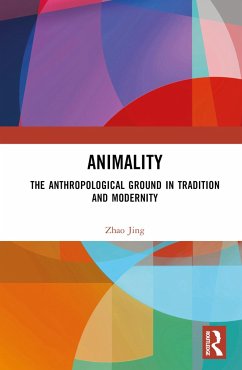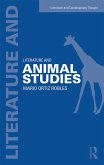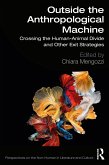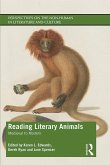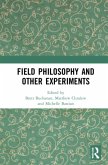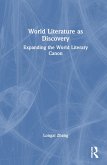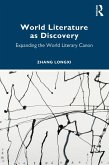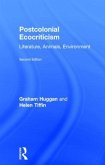By addressing the Western understanding of the status and nature of animals and the relation of animals to the question of life, this book provides a discourse on animality through an interdisciplinary investigation into various areas of humanities.
The nature of animals is explored by drawing on materials from literature, art, religion, philosophy, and political science, focusing on discussions of animality about the classical culture of ancient Greece, metaphysics and its application to debates on life, Martin Heidegger's philosophical theories, and biopolitics. Although the distinctive difference between human beings from animals has long been emphasized, the author argues that they are inseparable from one another to achieve understanding. The interrogation of animality, therefore, provides a new perspective on the nature of human beings in this postmodern era.
Academics in Western literature, literary theory, literary criticism and comparative literature will find this work an insightful addition to debates in their respective fields, whilst it will also help senior university students pursuing their studies.
The nature of animals is explored by drawing on materials from literature, art, religion, philosophy, and political science, focusing on discussions of animality about the classical culture of ancient Greece, metaphysics and its application to debates on life, Martin Heidegger's philosophical theories, and biopolitics. Although the distinctive difference between human beings from animals has long been emphasized, the author argues that they are inseparable from one another to achieve understanding. The interrogation of animality, therefore, provides a new perspective on the nature of human beings in this postmodern era.
Academics in Western literature, literary theory, literary criticism and comparative literature will find this work an insightful addition to debates in their respective fields, whilst it will also help senior university students pursuing their studies.

